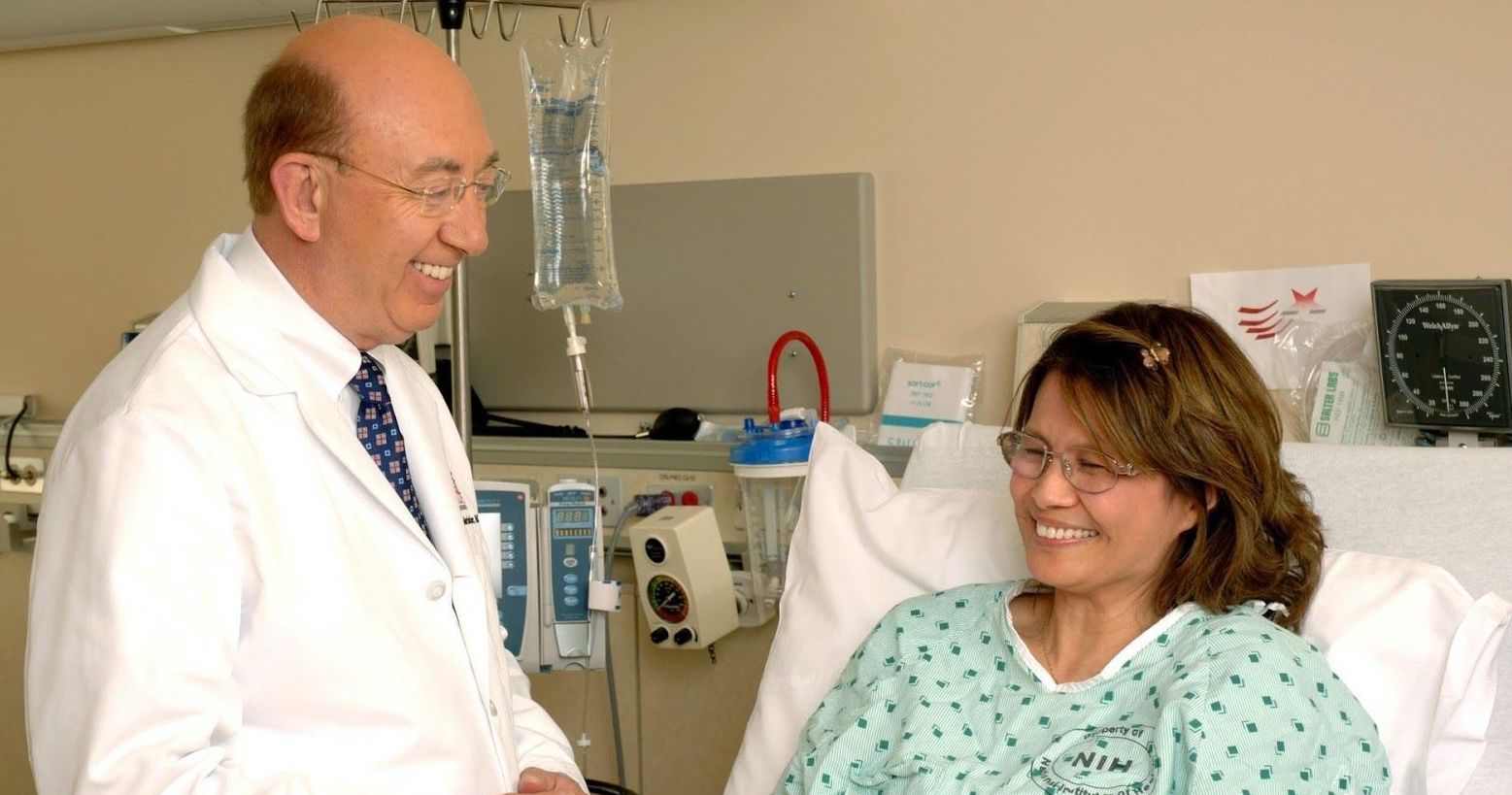Being a healthcare worker isn’t for everyone, and if it were, there might just be more compassion in the world. Compassion is just one of the many traits that healthcare workers possess, and these traits are what unites healthcare workers in service to other people, setting aside their own safety and needs aside.
If you’re looking to enter the healthcare field, these are some of the traits you probably should possess, though they’re not a hard requirement to enter the field. With thousands of jobs and more added every year, the healthcare industry is an excellent entry-level career path to take, and you don’t even need to gain a master’s degree to get into it. There are classes for things like pharmacy tech careers, online school for medical billing and coding, and more.
Compassion
Arguably the most important of traits in a healthcare worker, the compassion trait helps healthcare workers care more for their patients, their positions, and what they do for others on a daily basis. Compassion is defined as “sympathetic pity and concern for the sufferings or misfortunes of others.” This is essential when you’re working with the ill, as it can sometimes be difficult and stressful to watch people deteriorate and even pass away.
Compassion is something that healthcare workers share, but compassion by itself isn’t enough. Compassion only helps you feel sympathy for the people you care for—it doesn’t help you truly see things through their point of view. That’s the place of empathy.
Empathy
Empathy is the next step in compassion, and is arguably more motivating. Anyone can learn to feel sorrow for someone who’s suffering, and it’s possible that such feelings are hard-wired into our minds. But true empathy is more difficult to come by. Empathy means stepping into someone else’s shoes and looking at a problem through their eyes. If the world had more empathy, I’d argue it would be a better place overall.
Empathy is something you’ll likely develop as a healthcare worker, if you don’t have it already. Sure, you’ll have some trouble looking at things through a cancer patient’s eyes, but don’t think of it like that. Instead of trying to see their cancer through their eyes, try to empathize with how painful their treatment might be, or how hard it is for their family to watch them suffer. Or, you can even empathize with how expensive the medical bills are!
Dedication
To be a great healthcare worker, you need to be dedicated not only to your patients, but also to your code of ethics. The healthcare code of ethics spells out the best practices healthcare workers should engage in to protect privacy, equality, morality, and security in their jobs. This means keeping patient information private, providing fair and equal care to everyone, and much more.
Healthcare workers work with some of our most vulnerable citizens, and, unfortunately, this can leave room for exploitation. There have been cases of medical information being utilized for personal gain, and even stolen identities are a problem. You’ll need to take up an oath of loyalty to the code of ethics, and most of all, to live and work by that code throughout your entire healthcare career.
Patience
Patience is a virtue, or so they say. What patience really is is a necessary skill that all of us should focus more on, but especially healthcare workers. Healthcare is a demanding industry, and many providers work long shifts in incredibly stressful environments. It’s difficult to work among the sick and the dying without becoming a bit stressed from time to time. You’ll have patients that give you trouble, you might lose patients, and you might one day have to face a family who’s recently lost a loved one under your care.
Be patient, and try to remember your code of ethics and your compassion and empathy. Your difficult patient is suffering from stage III cancer; wouldn’t you be difficult, too? The family just lost their mother, grandmother, and sister; how would you feel?
Responsibility
Taking care of society’s ill is a responsibility unlike any other. Even if you’re only on the administrative side of things and not involved in direct clinical care, you still have a huge responsibility both to the patient and the code of ethics. If you can’t maintain that level of responsibility consistently throughout your career, then healthcare isn’t for you.
In some cases, you may even be responsible for other people’s very lives. That’s not something everyone is comfortable with or can handle well.
Thank You
As the COVID-19 pandemic rages on, we reflect on the sacrifices made by our brave and resilient frontline workers. We’d like to say thank you to all of you. All of the people who give up their time, risk their safety, and lend their love to the pursuit of helping others.

